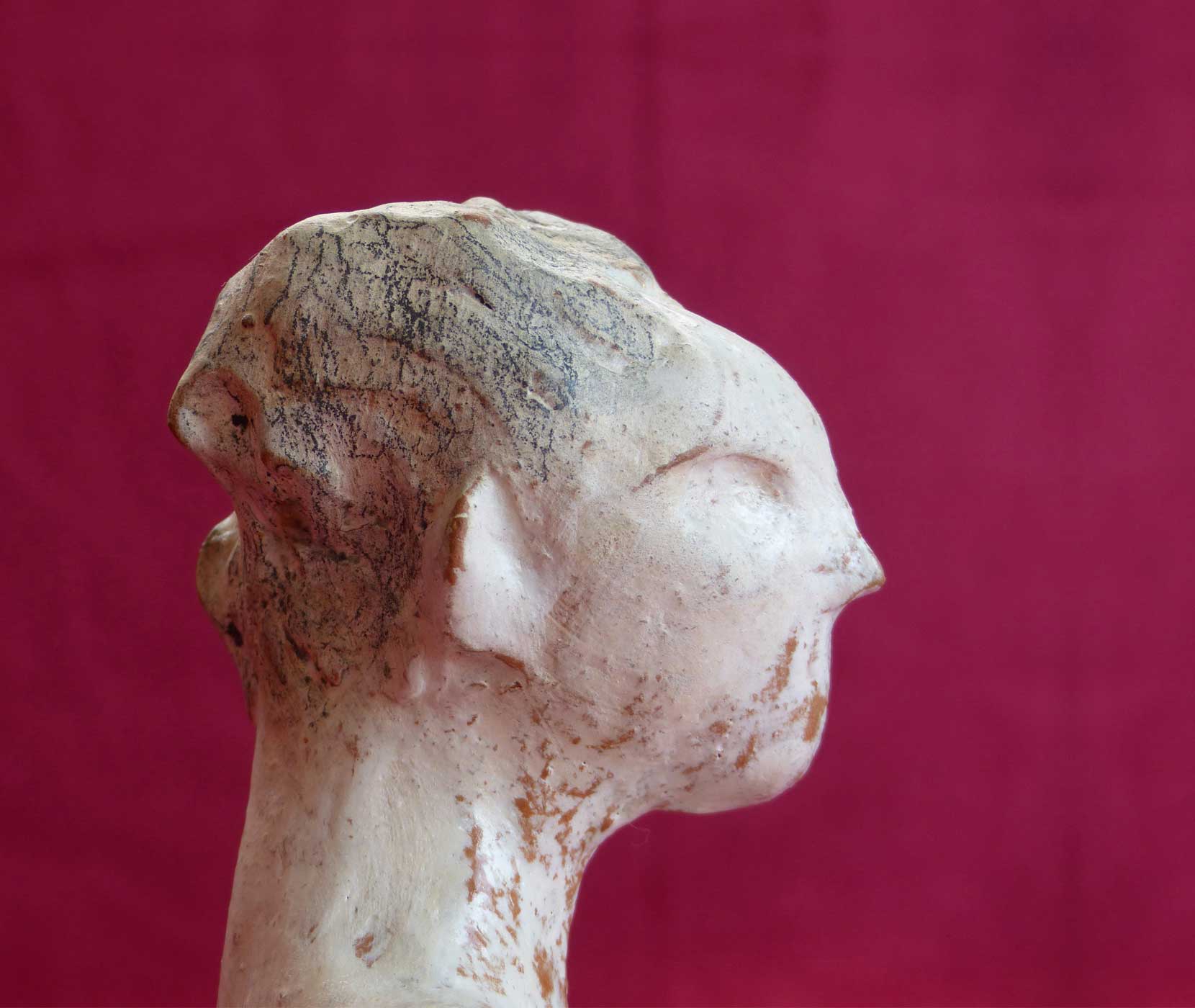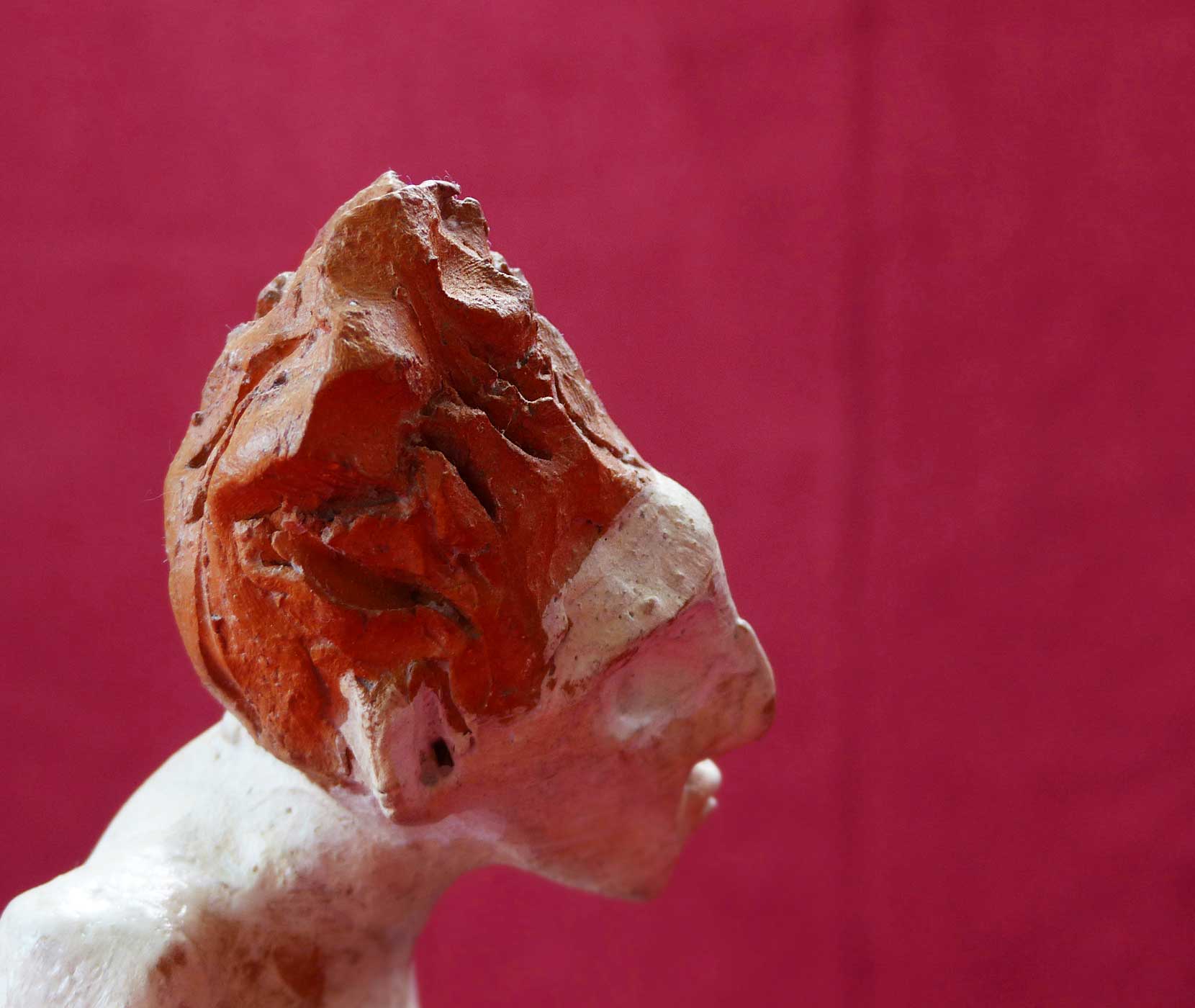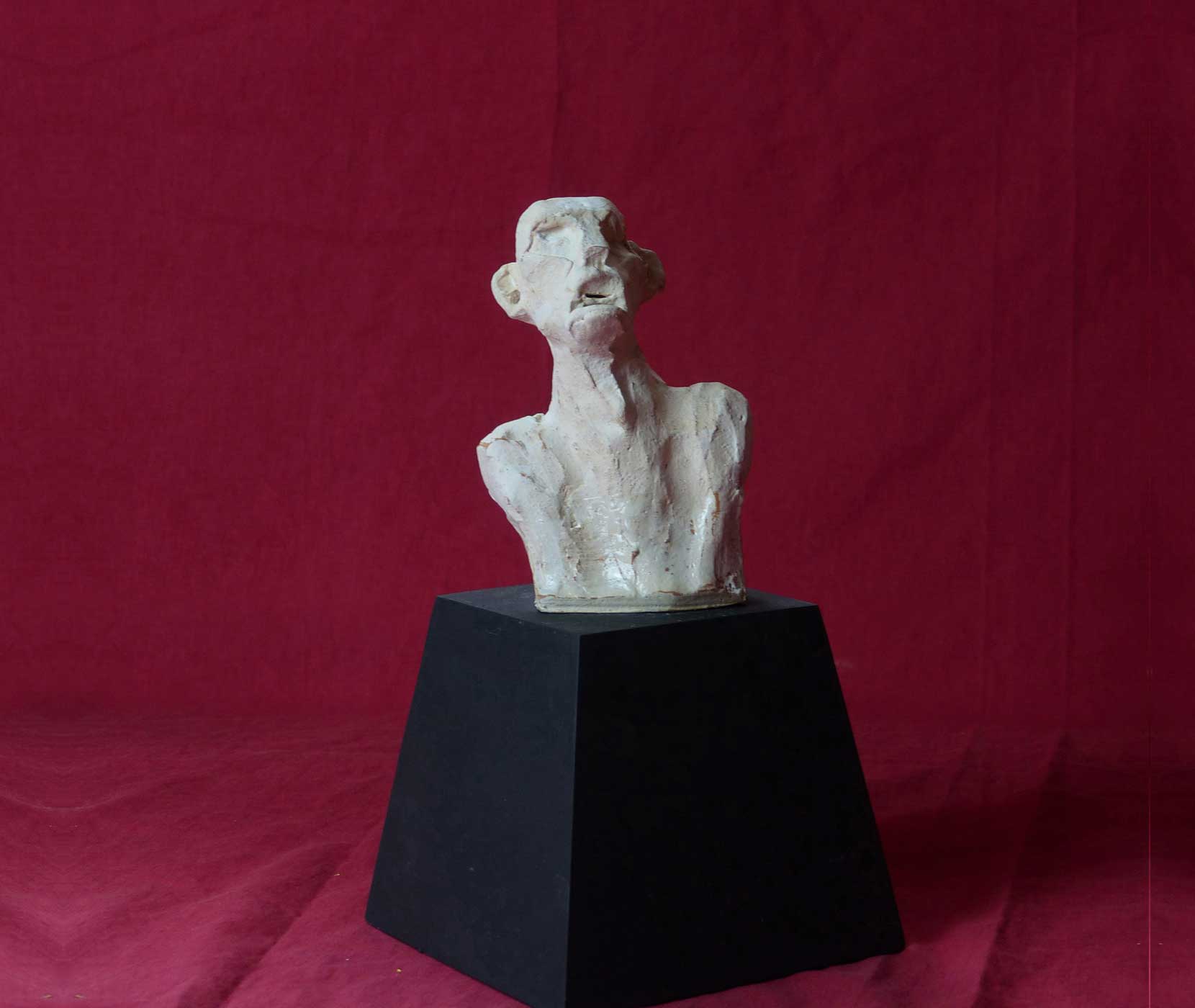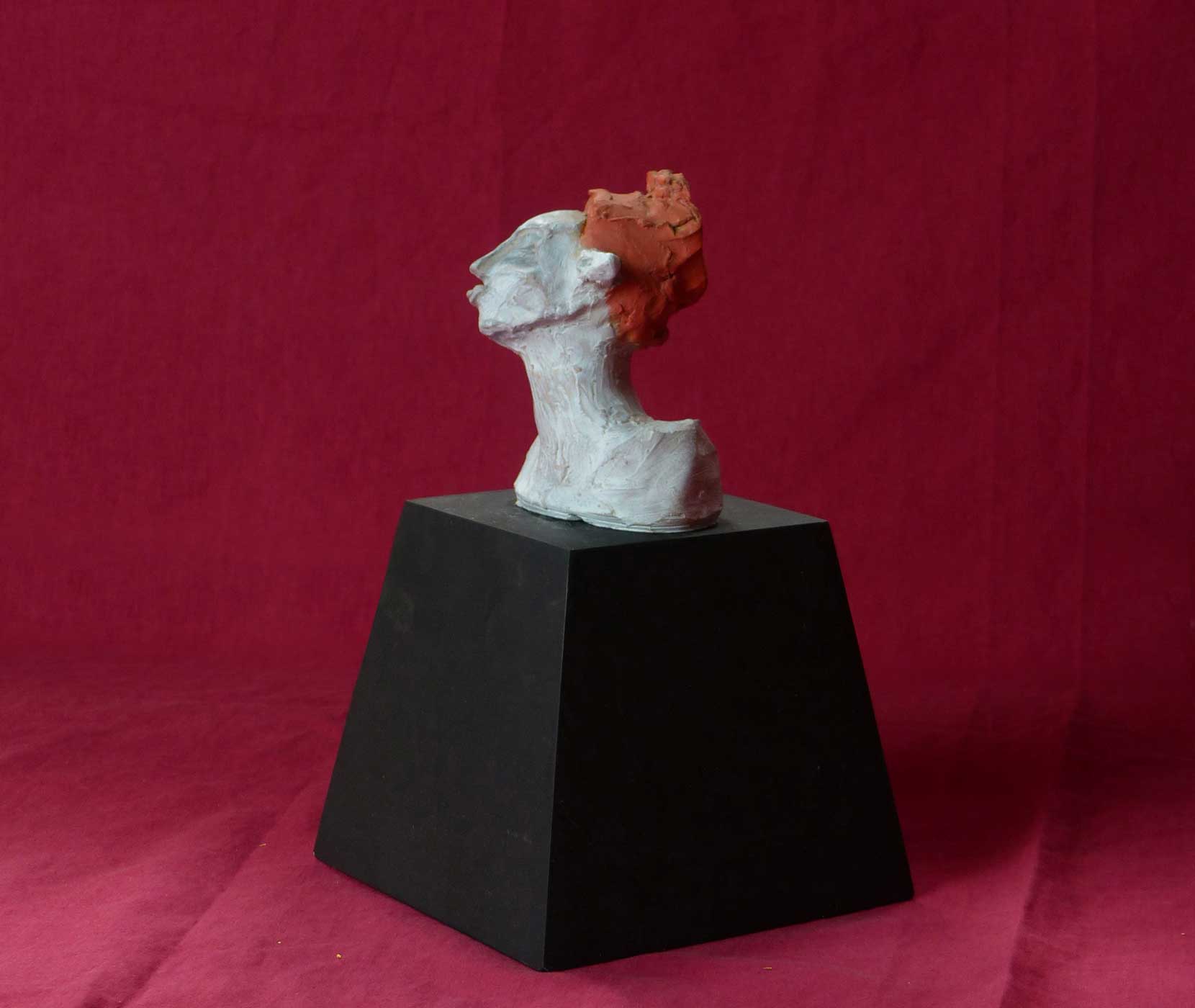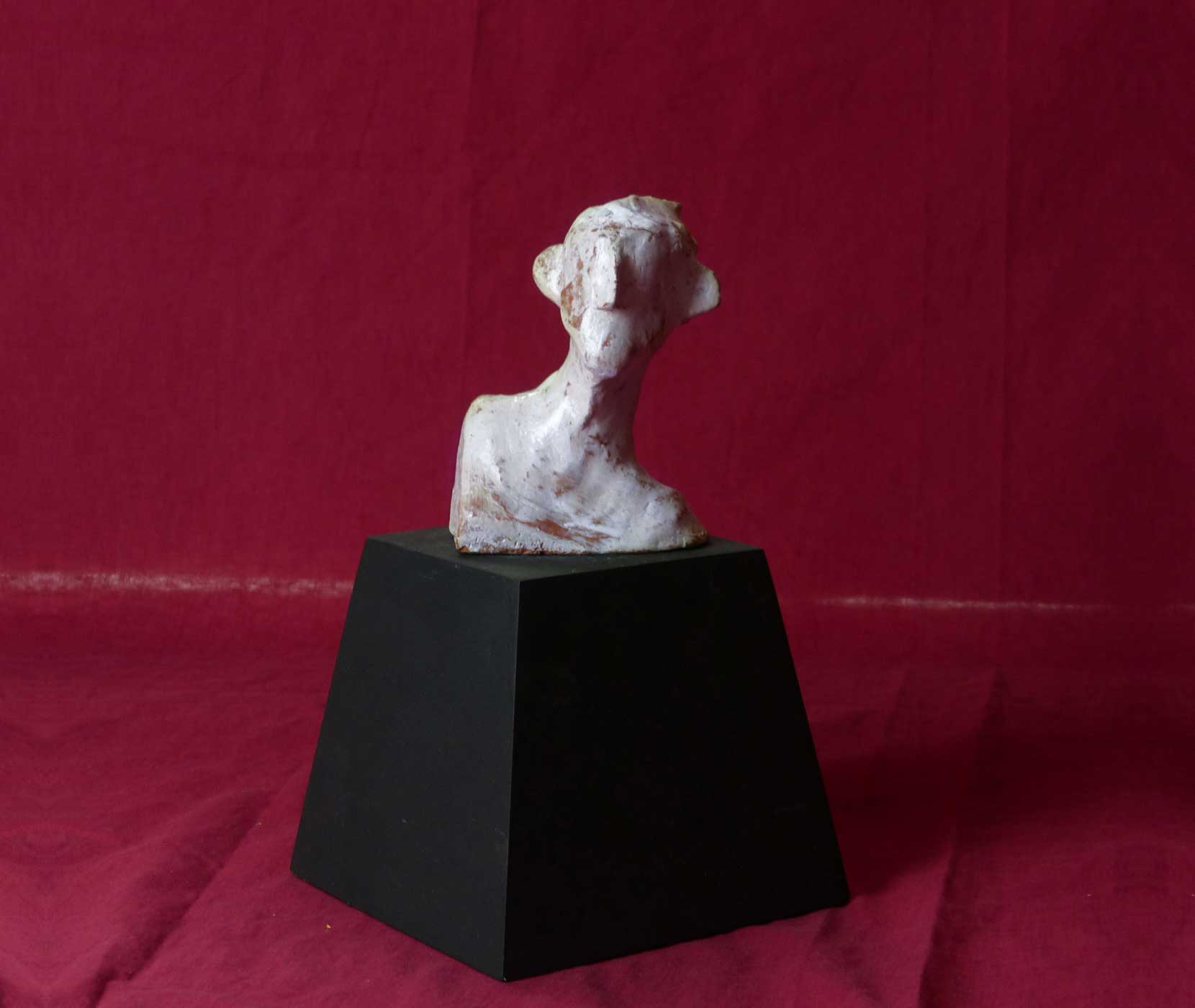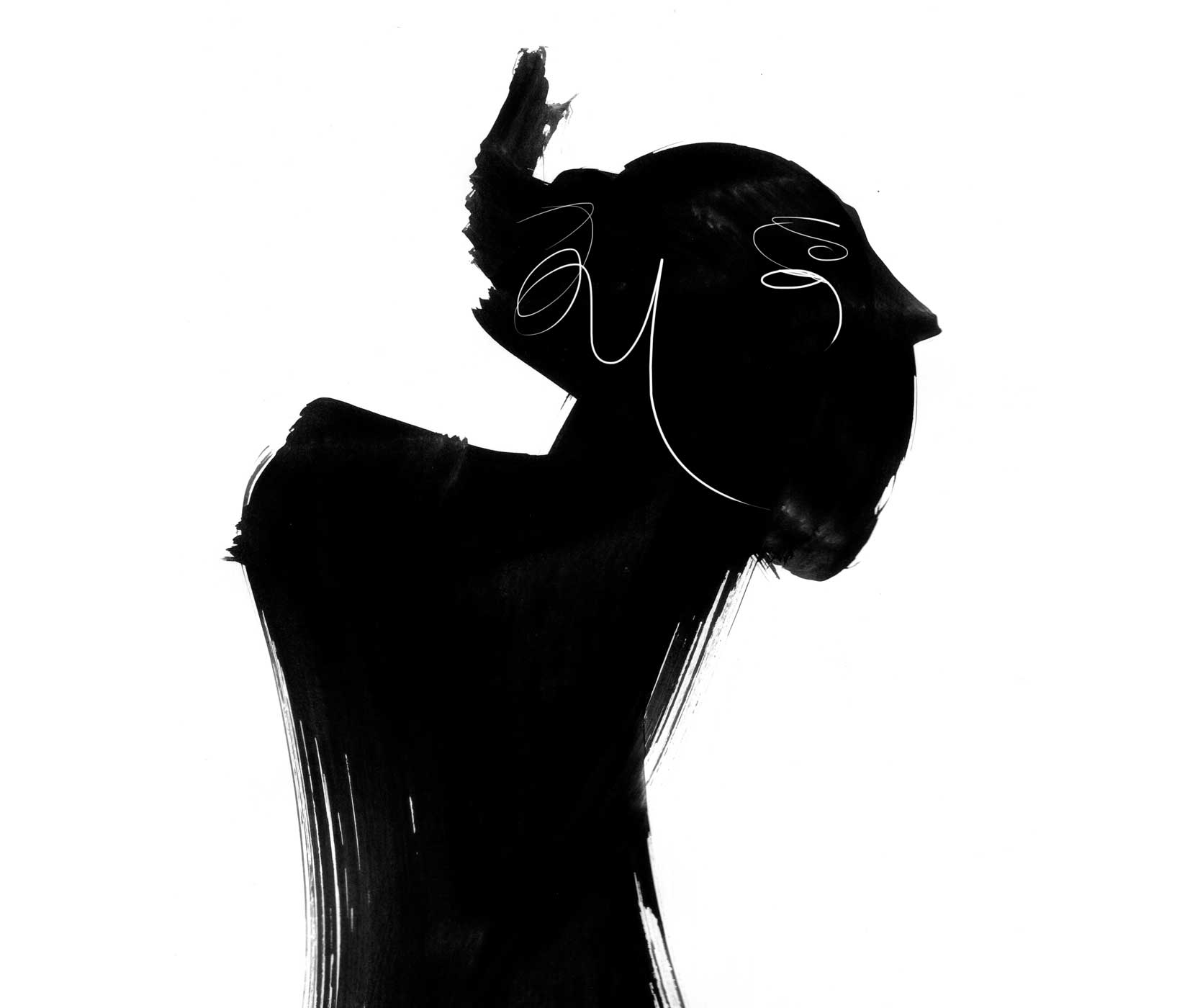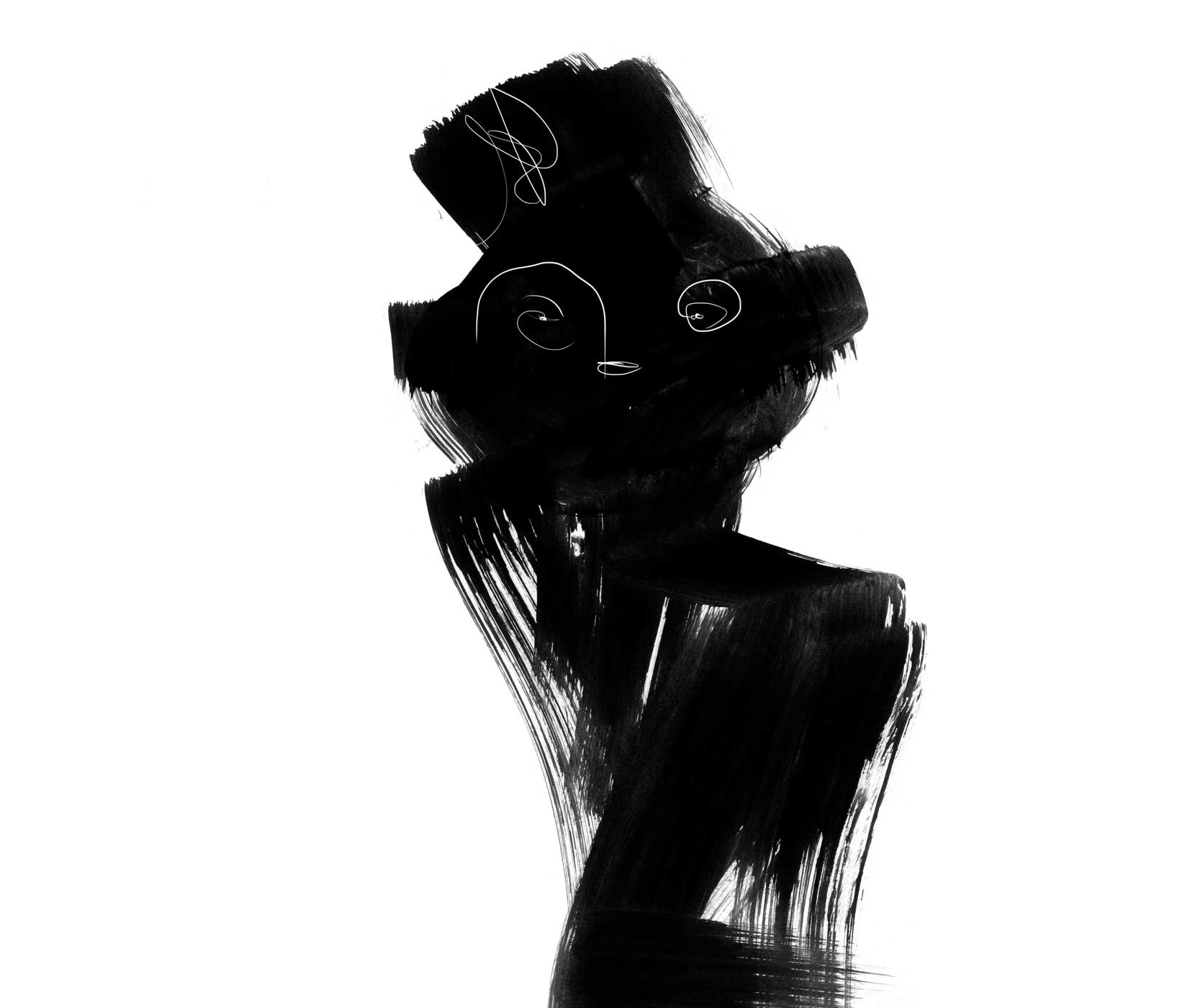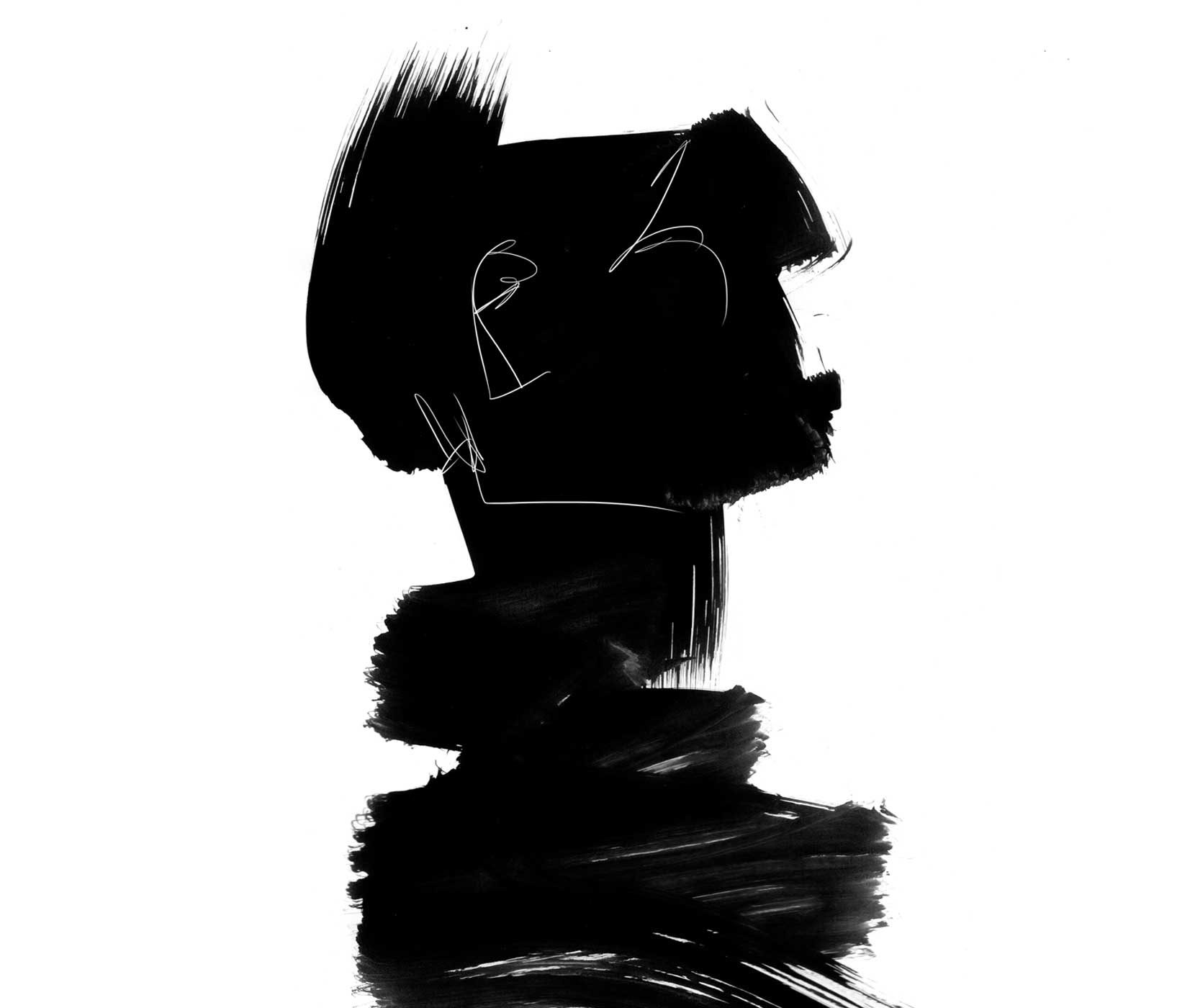LARES
Their worship and the expectation of their blessing was part of everyday life. From the time of ancient Rome their worship has been lost.
The certainty of a rational and technological life has erased the need for their protection. It has fueled the illusion of knowing
how to govern the events of life. Yet modernity is uncertain. Yet the future is unpredictable.
The false discovery of this false finds responds to the gaps in the false security to which we rely. At this point the author can only rely on the truthfulness of the value of these protectors and their concrete ability to change the events. He can only recommend their worship.
Resurrecting their teachings, forms and good.I lari erano i protettori della famiglia. Influenzavano e proteggevano gli accadimenti, le persone e i sentimenti in ambiti più ristretti e intimi rispetto alle grandi divinità. Il loro culto e l’aspettativa della loro benedizione era parte della vita quotidiana.
Dall’epoca dell’antica Roma il loro culto si è perduto. La sicurezza di una vita razionale e tecnologica ha accantonato il bisogno della loro protezione. Ha alimentato l’illusione di saper governare gli eventi della vita. Eppure la modernità è incerta. Il futuro è intraducibile.
Il finto ritrovamento di questo finti reperti risponde alle lacune della finta sicurezza alla quale ci affidiamo. A questo punto l’autore non può che affidare all’esame della verità il valore di questi protettori e la loro concreta capacità di modificare gli eventi. Non può che consigliarne il culto.
Riesumandone gli insegnamenti, le forme e il bene.
.
.
.
.
.
.

